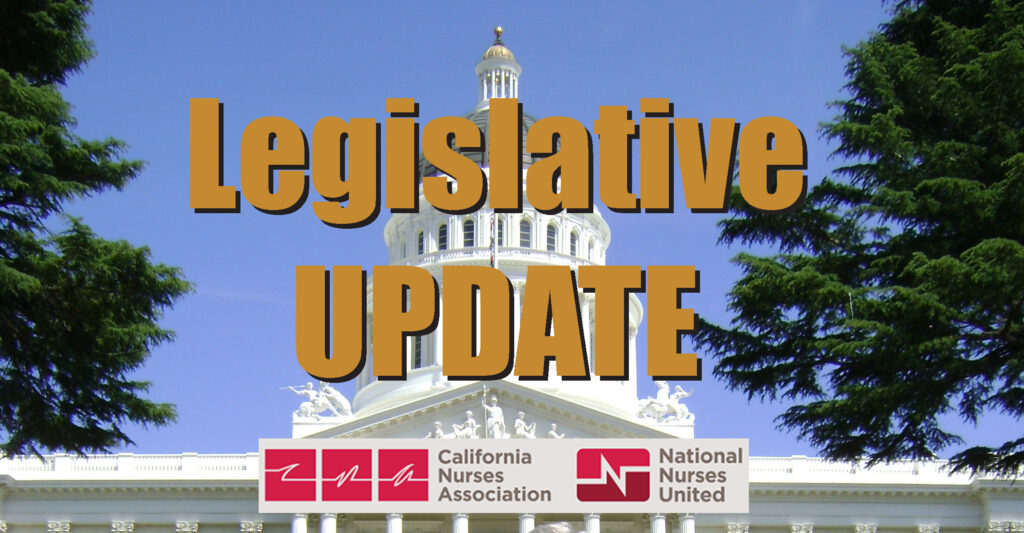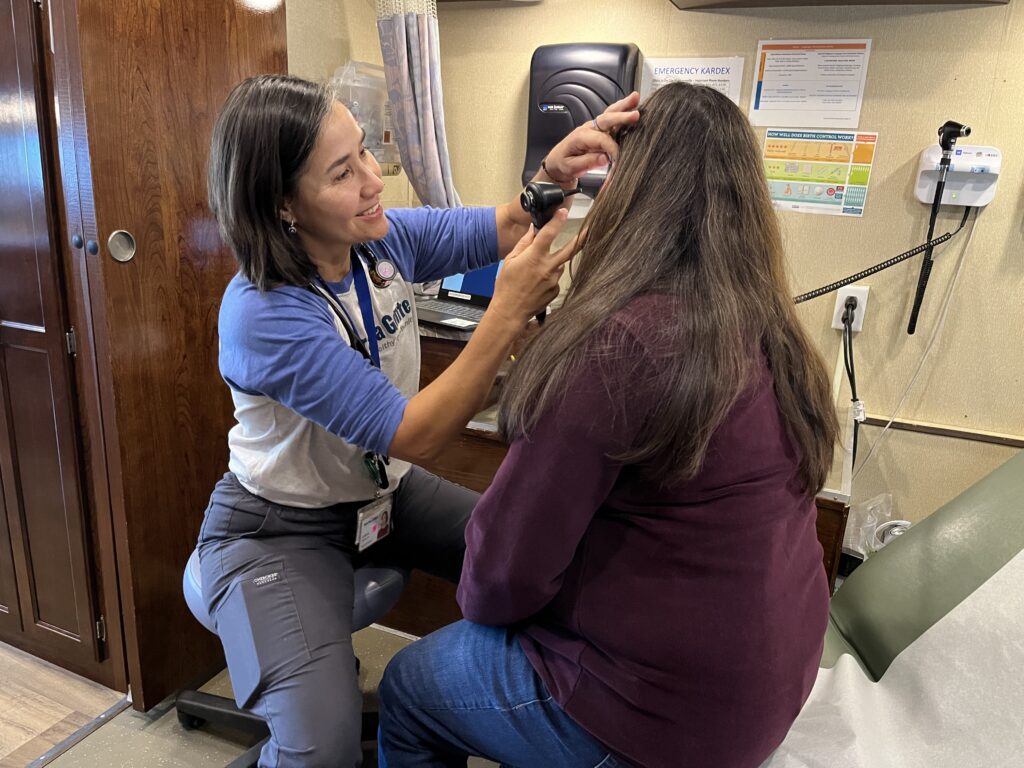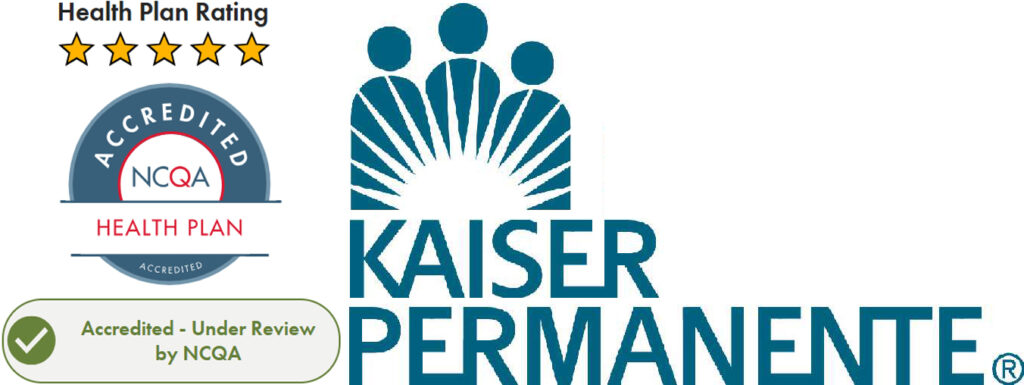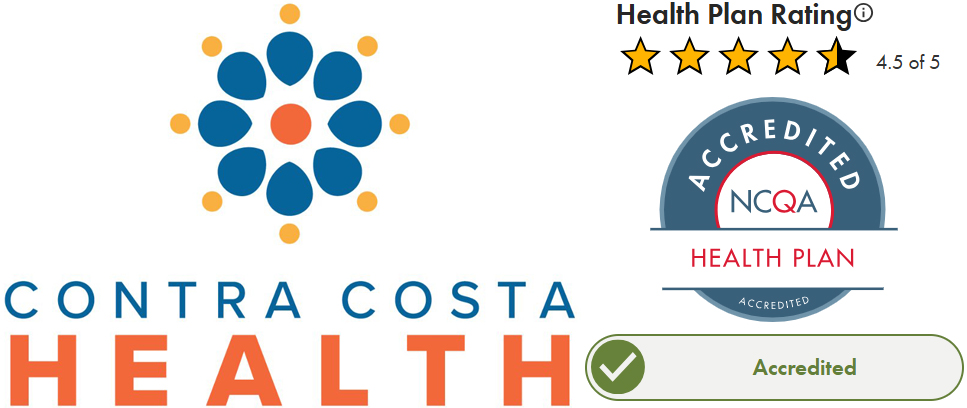Donors urged to give thanks by giving blood to help patients through the holidays
Monday, October 27th, 2025
Two Vitalant donors in November will win $10,000
Antioch Blood Drives Oct. 31, Nov. 14
By Kevin Adler, Communications Manager, Vitalant
Every two seconds, a patient in the U.S. needs blood but fewer donors give as end-of-year holiday activities start to fill calendars. That’s why nonprofit Vitalant is urging all eligible donors to give thanks for their good health and make an appointment to give blood this November. Just an hour time commitment helps ensure every patient’s blood need can be met all through the holidays.
It takes donors of all blood types to keep the blood supply stable, especially type O and platelet donors. O-negative blood can help any patient. O-positive, the most common blood type, can help anyone with a positive blood type.
Blood Helps Even the Littlest of Patients
November is also National Prematurity Awareness Month. Premature infants commonly have anemia and need blood transfusions to help them thrive. The National Institutes of Health cites more than 80% of extremely preterm infants need at least one transfusion in their first month.
Vitalant is thanking donors in November with a chance to win one of two $10,000 prepaid gift cards in the Shopping Spree Giveaway.
Learn more and make an appointment to give by visiting vitalant.org, download the Vitalant app or call 877-25-VITAL (877-258-4825).

Upcoming Blood Drives in Contra Costa County
October 31, Friday – Antioch, Dozier-Libbey Medical High School, 10:00 AM – 1:45 PM
November 4, Tuesday – Walnut Creek, Mt. Diablo Unitarian Universalist Church, 10:00 AM – 2:30 PM
November 11, Tuesday – Pleasant Hill, Stokley Properties, 10:00 AM – 2:00 PM
November 12, Wednesday – Martinez, Alhambra High School, 9:00 AM – 1:30 PM
November 19, Wednesday – Antioch, Kaiser Sand Creek, 9:00 AM – 1:15 PM
November 22, Saturday – El Cerrito, Sycamore Christian Preschool, 10:00 AM – 2:00 PM
These are just a few of the nearly 100 community blood drives being held in November. Donors can also give at any of the six Vitalant donation centers in the area.
About Vitalant
Vitalant (Vye-TAL-ent) is one of the nation’s largest nonprofit blood and biotherapies healthcare organizations, providing hospitals and patients across the U.S. a safe blood supply, specialized laboratory services, transfusion medicine expertise and world-renowned research. Individuals generously donating blood, volunteering and giving financially are essential to our lifesaving mission. Learn more at vitalant.org.
































